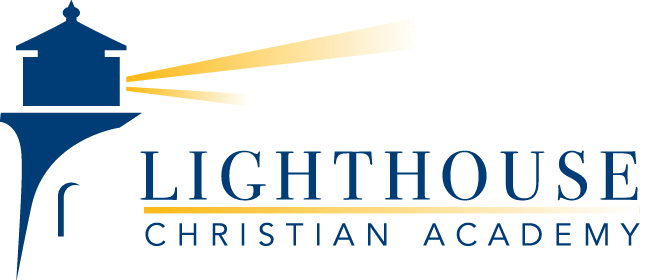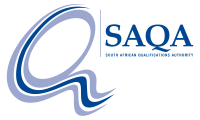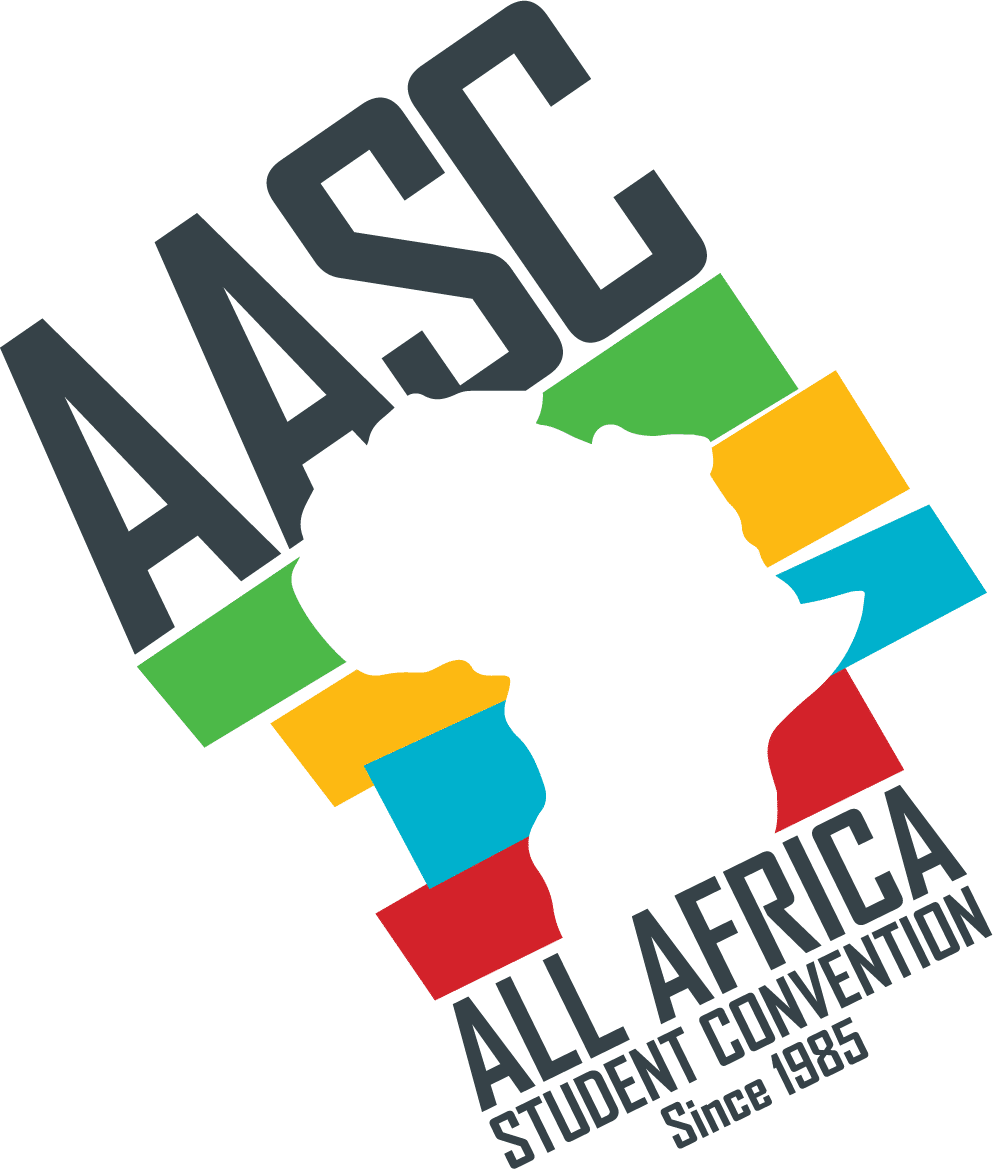Thank You
Your free resources are down below
Click download to receive the resource, enjoy using it.

Considering Home Schooling?
FAQs
Common Questions
Gerenal Questions
Complete the “START HERE” form to receive the documentation.
Complete the documents and pay the sign-up fee to get started.
You don’t need to be a qualified teacher or educator, as the A.C.E. System is based on Mastery Learning and everything has been done for you.
We only require you to work through our online training that will help you with each step of the system.
You can start anytime during the year, because we don’t have June and November Exams our system allows you to start at any time.
Also as soon as payment for registration and curriculum has been received.
Yes, the Department of Education will not be a concern to you, as the only reason they want you to register with them is to know where your child is currently attending school.
Children, age 5 – 16, must register with the Department of Education. Upon registration, they will do a home visit to ensure your child is in a safe environment and doing a full curriculum (As required by the Policy of 2019)
Yes, if you take up an extra activity after school, get involved in your community and church your child will have ample opportunity to socialize with other children of their age.
It will be your responsibility as a parent to create socialization opportunities for your child, this is possible and studies show homeschoolers are better at socialization than there school-going friends.
Yes, our curriculum is set up in such a way that you will be able to let your child return to public or private school.
We would however always opt for home schooling, as we have seen the benefits and reward each family receives who keeps to the path.
Our curriculum offers Grade RR – 12.
Yes, we encourage all our home schoolers to do extra activities. They include Technology, Creative Arts and Sport, although Technology and Creative Art must be done from grade 1 – 9.
Yes, when you start to home school, it frees up a lot of your time and gives you the freedom to advance their sport career.
Each child need to attend school for a total of 200 school days, excluding weekends.
Curriculum
- The use of quality and biblically based Learner and Teacher Support Materials (LTSMs) including Package of Accelerated Christian Education (PACE) materials and supporting products.
- Due to the individualized approach of the A.C.E. Program, which places emphasis on the learner learning rather than the teacher teaching, the materials are easily implemented in a homeschool environment. As a result, the parents find the self-instructional materials easy to work with.
- Academies maintain a cumulative academic record for graduation purposes for learners being home educated. They also conduct monitoring to maintain quality and consistency in progress, for the benefit of both parties.
- Our program is designed to help learners develop critical thinking skills and to think creatively and independently.
The system of education presents a compelling solution to the serious challenges currently faced in South Africa and many developing countries.
Countries such as South Korea, Singapore and Finland feature in the top rankings of global education standards. There are many stark differences in the systems and models that each country uses. However, academic rigor, discovery learning as well as content and skill mastery are cornerstone concepts that are common and feature strongly in each. The AEE system of education embraces the A.C.E. curriculum and is based on the well-researched methodology of a personalized system of instruction (PSI) (Keller 1968). The system creates opportunity for a learner to work in an individualized self-paced manner that embraces discovery learning and mastery learning.
Mastery Learning is another well researched (Bloom, 1968) and proven approach that relates to the rigorous assessment procedures that require learners to achieve and demonstrate consistently very high mastery (80%) over relatively small units of content. Individuals are allowed the time required to achieve mastery and may not progress until it is achieved. This results in motivated learners taking ownership over their own progress.
“Almost any child can master almost any subject given enough time and a variety of instructional methods.” (Benjamin Bloom)
Unfortunately, the current model of public education in many emerging countries on the continent is designed and implemented in a way that limits time and is dependent on the teacher teaching. As a result learners “pass” an annual test/exam and move on to new, more challenging content, when in fact they have large gaps in real understanding and certainly in mastery! The learner who is not able to maintain a high standard and fast pace starts to fall behind and, sadly, real potential is not realized. The AEE system of education is a modern methodology based on years of research and is evident in countries that are leaders in education. As it deviates from the current “modus-operandi” in public education, it is often not well understood. However, the system has a proven track record world-wide and has been available in South Africa (A.C.E. curriculum) for over thirty years and globally for more than 50 years. Apart from providing quality education, the system is not reliant on expensive resources. The system of education has been implemented with great success in both well-resourced economically affluent areas, as well as in rural and under-resourced environments. Inherent to the model is an EQ component that prescribes to a set of honorable, biblical values that promote personal development and raises the youth in a positive and accountable manner.
The AEE system of education provides a compelling solution to the serious challenges currently faced in South Africa and many developing countries.
All the South African developed material aligns with the requirements of the National Curriculum Statements (NCS) and Curriculum and Policy Statements (CAPS) of South Africa. The curriculum is updated on an on-going basis to keep materials relevant.
A.C.E. is an international curriculum comparing to the likes of Cambridge and I.E.B. International. With our partners A.E.E. and L.C.A. your child will receive an International Diploma that can be used to enter University and College.
- A.C.E. does not have June and November exams, as you are used to in public or private schooling.
- A.C.E. makes use of PACE TEST these are written after each PACE (Booklet) is completed to evaluate if the child has understood the required work to progress to the next PACE (Booklet).
- All 12 or 6 PACE TEST together gives us our yearly mark to pass the subject as required by the Department of Education.
- All PACE TEST have to be passed with an 80% pass mark to move on to the next PACE (Booklet).
Packet of Accelerated Christian Education (PACE®)
Accelerated Christian Education®has taken the conventional style textbook and divided it into bite-sized, achievable worktexts called PACEs. Each PACE is similar to a unit in a textbook. Each level consists of 12 PACEs in each subject. PACEs integrate Godly character-building lessons into the academic content, and self-instructional activities are carefully designed to develop thinking skills and create mastery learning.
C.E. stands out from other curriculum providers with its individualized, self-instructional, mastery-based approach. With minimal assistance, PACEs allow students to absorb subject material according to their own learning ability rather than being pushed forward or held back by their age.
How it’s put together:
- Students begin their PACE work by noting their goals, the concepts they will learn, a Bible verse, and a corresponding character trait. From the beginning of each PACE, they know what is expected and assume the responsibility for their own learning!
- Throughout the curriculum, the introduction of new vocabulary words is controlled so that no new vocabulary word is used without the student first learning its meaning and pronunciation. Also, these words are repeated to ensure mastery.
- Explanations and illustrations add excitement to each lesson, and innovative learning activities reinforce the text material.
- Each PACE contains several Check-ups, which are quizzes covering a section of the PACE. If mastery in an area is not achieved, the Check-up will reveal that weak area. Students can then take the time necessary to review and learn those concepts before proceeding to the next section.
TshwaneHEA in proud partnership with A.E.E., I.E.B. and L.C.A is pleased to provide for students a recognized level of accreditation that is both nationally and internationally in its scope.
I.E.B. through AEE Online, schools are able to offer the IEB (NSC) exit qualification. This premium CAPS-compliant qualification is held in high regard by tertiary institutions in South Africa and abroad. Traditionally, the IEB (NSC) has only been accessible through specific independent schools, often at a prohibitively high cost. Through AEE Online, the qualification is not only significantly more affordable, but it enables schools to deliver a more innovative solution. Blended learning combines the benefits of face-to-face teaching time, supervised learning schedules and the efficiencies of online learning.
BENEFITS OF THE IEB
- The IEB is an internationally benchmarked qualification, and is equivalent to Cambridge AS level.
- The IEB is at the forefront of innovations in terms of improvement of examination systems and processes.
- The IEB ensures that it keeps abreast with developments in assessment, by actively participating in regional and international assessment associations.
- The qualifications assessed by the IEB enjoy international recognition.
- The IEB, through their assessments, is motivated to develop learners who are:
- critical users of information
- ethical reasoners
- problem solvers
- creative and reflective thinkers
- lifelong learners
- respectful of diversity, particularly in the South African context
ABOUT THE NSC
- The National Senior Certificate (NSC) also known as a “Matric” has been offered since 2008.
- There are currently three assessment bodies that facilitate the completion of the NSC and are accredited by Umalusi, namely the Department of Basic Education (DBE), Independent Examinations Board (IEB) and South African Comprehensive Assessment Institute (SACAI).
- Umalusi issues the NSC.
- Our students are registered with the IEB.
L.C.A. diplomas are accredited through three accreditation agencies:
- Middle States Association Commissions on Elementary and Secondary Schools (MSA-CESS)
- National Council for Private School Accreditation (NCPSA)
Accreditation International (AI)
(AI is a recognized member in good standing with the Council on Occupational Education (COE) and the International Council for Education.)
I.E.B. through AEE Online, schools are able to offer the IEB (NSC) exit qualification. This premium CAPS-compliant qualification is held in high regard by tertiary institutions in South Africa and abroad. Traditionally, the IEB (NSC) has only been accessible through specific independent schools, often at a prohibitively high cost. Through AEE Online, the qualification is not only significantly more affordable, but it enables schools to deliver a more innovative solution. Blended learning combines the benefits of face-to-face teaching time, supervised learning schedules and the efficiencies of online learning.
BENEFITS OF THE IEB
- The IEB is an internationally benchmarked qualification, and is equivalent to Cambridge AS level.
- The IEB is at the forefront of innovations in terms of improvement of examination systems and processes.
- The IEB ensures that it keeps abreast with developments in assessment, by actively participating in regional and international assessment associations.
- The qualifications assessed by the IEB enjoy international recognition.
- The IEB, through their assessments, is motivated to develop learners who are:
- critical users of information
- ethical reasoners
- problem solvers
- creative and reflective thinkers
- lifelong learners
- respectful of diversity, particularly in the South African context
The subjects are the same, however the subject choices from Grade 10 will depend on what Certificate you complete on.
If you decide to complete your Gr. 12 through L.C.A. you will have the following subjects:
- Mathematics;
- English;
- Afrikaans;
- Physics Science;
- History (History of Civilization);
- Bible;
- Electives (includes Personal Finance, Physical Education and Technology)
- If you decide to complete your Gr. 12 through I.E.B you will have the following subjects:
- English (Higher Language)
- Afrikaans (First Additional Language)
- Zulu (First Additional Language) (coming soon)
- Math’s
- Math’s Literacy
- Physical Science
- Life Sciences
- Geography
- Business Studies
- Computer Application Technology
- Life Orientation
A.C.E. and I.E.B. are both only offered in English, except for Afrikaans which is taught in Afrikaans.
Yes, we find most children take a month to get used to it and then progress as if it was their home language.
Grade 12 - Accredited?
THE INTERNATIONAL A.C.E. QUALIFICATION IN PARTNERSHIP WITH LIGHTHOUSE CHRISTIAN ACADEMY IN THE USA
In partnership with Lighthouse Christian Academy (LCA) USA, learners can write The International A.C.E. Qualification, The College Preparatory Certificate or General Certificate.
LCA is a distance learning institution in the USA which uses the Accelerated Christian Education (A.C.E.) program, and offers an accredited diploma. The LCA high school diploma is accredited in the USA and recognized within the USA and internationally.
AEE and LCA have entered into a dual agreement, enabling learners in South Africa and other African nations to achieve this qualification.
THE NATIONAL SENIOR CERTIFICATE (NSC) VIA THE INDEPENDENT EXAMINATION BOARD (IEB)
Through AEE Online, schools are able to offer the IEB (NSC) exit qualification. This premium CAPS-compliant qualification is held in high regard by tertiary institutions in South Africa and abroad. Traditionally, the IEB (NSC) has only been accessible through specific independent schools, often at a prohibitively high cost. Through AEE Online, the qualification is not only significantly more affordable, but it enables schools to deliver a more innovative solution. Blended learning combines the benefits of face-to-face teaching time, supervised learning schedules and the efficiencies of online learning.
BENEFITS OF THE IEB
- The IEB is an internationally benchmarked qualification, and is equivalent to Cambridge AS level.
- The IEB is at the forefront of innovations in terms of improvement of examination systems and processes.
- The IEB ensures that it keeps abreast with developments in assessment, by actively participating in regional and international assessment associations.
- The qualifications assessed by the IEB enjoy international recognition.
- The IEB, through their assessments, is motivated to develop learners who are:
- critical users of information
- ethical reasoners
- problem solvers
- creative and reflective thinkers
- lifelong learners
- respectful of diversity, particularly in the South African context
THE GENERAL EDUCATION DIPLOMA (GED)
The GED comprises of a series of tests whereby the learner earns a diploma which is equivalent to Grade 12. The GED qualification is recognized by the South African Qualifications Authority (SAQA) as being comparable to the National Senior Certificate (NSC).
The GED is suitable to learners who would like to complete the A.C.E. course of study to Grade 12, and then register to write the GED examinations.
Support
TshwaneHEA takes responsibility for you as the parent, we require our parents and students to follow our guidelines and ensure the curriculum is done correctly. We offer support for general questions, completion of documents and advice on child’s progress.
We are available to help with the Department of Education queries, child’s evaluation, and current academic standard or progress.
We require you to follow the procedures and policies that TshwaneHEA and A.E.E. lay’s out for a successful home school journey.
A termly visit is required to ensure that quality and standards are upheld by the parent and student, through this we ensure implementation of the curriculum is thoroughly delivered.
TshwaneHEA has the following cost set out as set prices and services:
- Registration Fee – A once-off fee charged per family
- Service Fee – Charged per child per month
- Admin Fee – Annual admin fee is charged per child each October
- Diagnostic, Gr. R and Gr. 1 Test
- Parent Training
- Field Trips – These are an additional cost to you per person attending and based on the cost of the venues
- CFAM and NCLA Exams – These are an additional cost to you per child writing the exam.
- If you register with an Academy you get the following:
- Support with curriculum
- Access to all A.C.E. Events
- Access to order curriculum
- Chance to apply for Grade 12 certificate through the Academy
- Termly Visits and moderation of curriculum
- Support with any enquiries from the Department of Education
Cost Per Grade
- Grade RR - ±R 13, 800.00
- Grade R - ±R 15, 700.00
- Grade 1 - ±R 17, 800.00
- Grade 2 - ±R 17, 500.00
- Grade 3 - ±R 16, 500.00
- Grade 4 - ±R 16, 100.00
- Grade 5 - ±R 17, 000.00
- Grade 6 - ±R 17, 100.00
- Grade 7 - ±R 15, 500.00
- Grade 8 - ±R 17, 100.00
- Grade 9 - ±R 18, 500.00
- Grade 10 - ±R 21, 100.00 - L.C.A.
- Grade 11 - ±R 20, 500.00 - L.C.A.
- Grade 12 - ±R 27, 200.00 - L.C.A.
- Grade 10 - ±R 27, 000.00 - I.E.B.
- Grade 11 - ±R 27, 000.00 - I.E.B.
- Grade 12 - ±R 37, 000.00 - I.E.B.
Our Proud Partners









